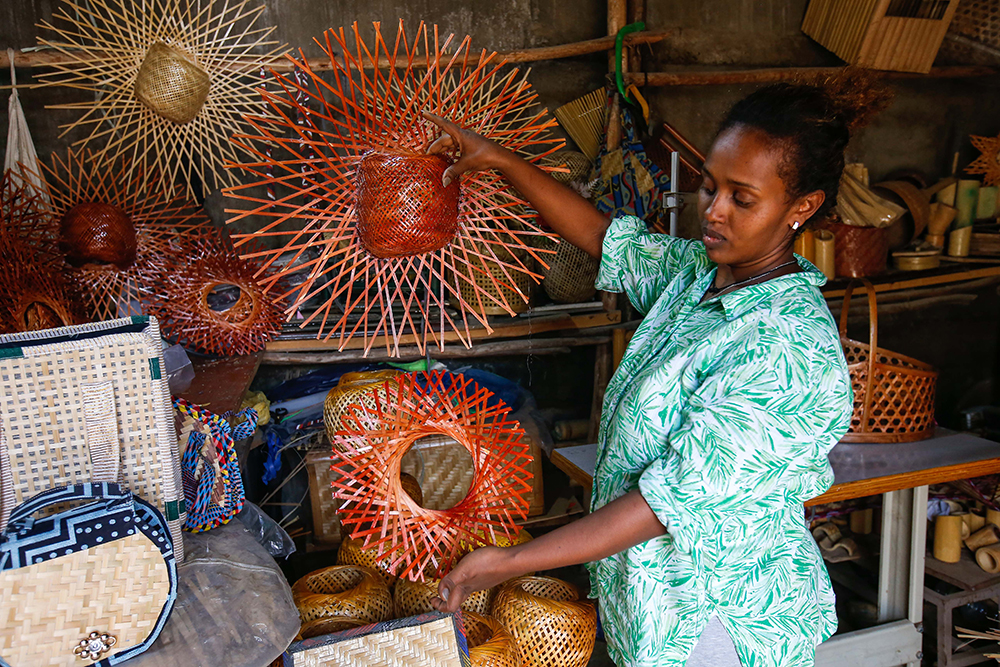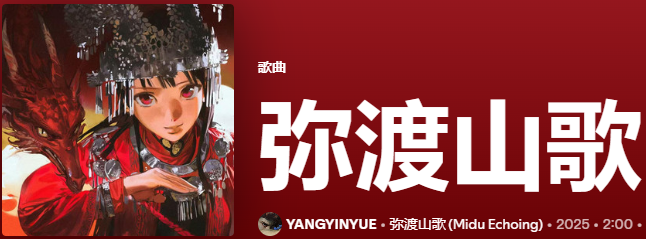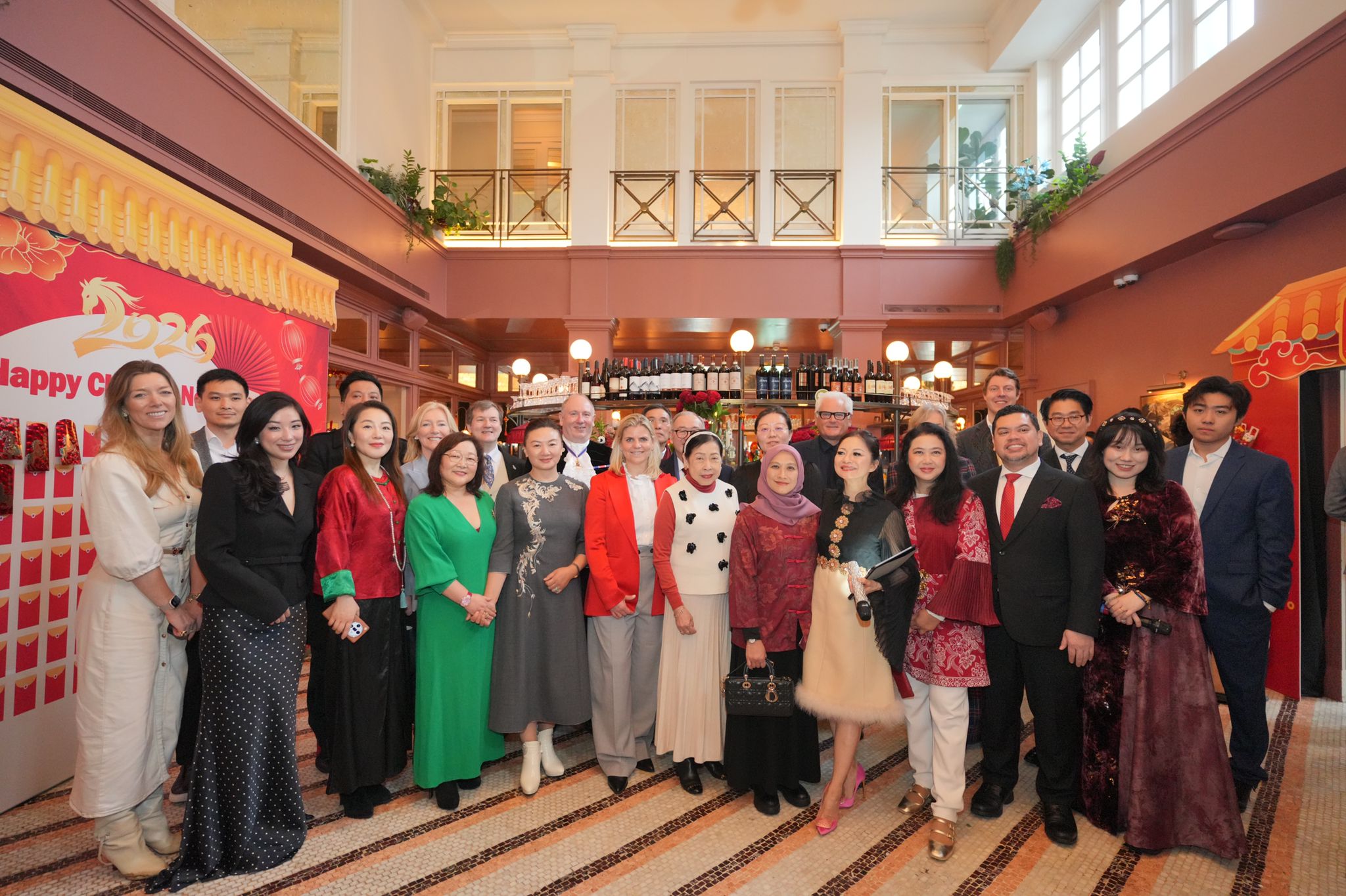Ethiopia aims to harness its untapped bamboo potential with the help of China.
Despite possessing the largest bamboo resources in Africa, Ethiopia has struggled for years to develop its bamboo business. However, recent collaborations with international partners including China are now hoping to change this.
There are an estimated 1.47 million hectares of bamboo forests in Ethiopia. This accounts for about 60 percent of the African continent’s total bamboo area. The potential for increasing the resource base could reach 3.5 million hectares, according to the Ethiopian Forestry Development.
Despite the potential, the sector remains underutilized. It is largely confined to traditional processing such as house construction, fencing, and producing agricultural tools.
Biruk Kebede, acting director of the East Africa Regional Office of the International Bamboo and Rattan Organization (INBAR), emphasized that the sector has long suffered from a lack of attention from both the government and private sector.
Kebede highlighted that insufficient awareness of bamboo’s benefits, limited processing knowledge and technical capabilities, and poor resource management are significant barriers to its effective utilization in Ethiopia.
Teshome Tamirat, head of the Bamboo Development and Technology Desk at the Ethiopian Forestry Development, said one of the major challenges is the absence of modern technologies and expertise in management and processing.
“Bamboo product development skills and technologies are the real gaps Ethiopia currently lacks to compete in the global market. We don’t have programs of knowledge management, in which bamboo is supported in research to generate real technology for product diversification,” said Tamirat.
In recent years, the Ethiopian government has endeavored to exploit the untapped development potential of bamboo. Ethiopia has formulated a 10-year Bamboo Development Strategy and Action Plan, which will be implemented until 2030. The national strategies include market-driven approaches, job creation for rural youth and women, and the promotion of a climate-resilient green economy.
At the same time, bilateral and multilateral partners, such as the Chinese government and INBAR, are extending support in capacity building and technology sharing.
Headquartered in China, INBAR is a 50-member intergovernmental development organization dedicated to promoting environmentally sustainable development through bamboo and rattan. Ethiopia, an INBAR member since 2002 and host of the organization’s East Africa Regional Office since 2009, has benefitted from the organization’s various initiatives.
The organization has been playing a crucial role in supporting the Ethiopian government’s efforts. This includes the formulation and implementation of the national bamboo development strategy.
Kebede said the organization is facilitating awareness creation, knowledge sharing, and capacity development on the sustainable management. He highlighted that over the past few years, INBAR has implemented about 15 different pilot bamboo development projects,. They have been focusing on sustainable management and promoting the industry.
“We have been giving different technical capacity building training programs for bamboo growers, researchers, policymakers, and the private sector,” he said.
According to Kebede, China has been a key partner.
“As a hosting country for the INBAR headquarters, China is facilitating different supports, through INBAR, to other developing countries in the East Africa region,” he said.
For example, INBAR facilitates different training and capacity-building programs, workshops, study tours, and exposure visits to China. These programs have benefited bamboo growers, artisanal bamboo processors, and government policymakers.
For Fikirte Gebre, the development of bamboo has made a big difference. Facing poverty, she received Ethiopian government-funded training on Bamboo craftmenship alongside other vulnerable women.
They then travvelled to China for a two month program supported by INBAR.
“The training we received in China was very helpful and crucial for us. It opened our eyes and perspectives on the importance of bamboo, the different ways of bamboo craftsmanship, and how best we can embrace technology in making bamboo products,” Gebre said.
Just a few weeks after they returned, they opened their first makeshift workshop. They transformed a small plot of land in their neighborhood. It was previously a landfill area, soon it became the Green Golden Bamboo Workshop.
“Inside that small workshop, we were barely using our hands and accessories like knives and handsaws to cut the bamboo, while also manually painting our finished products by hand,” Gebre recalled.
In the years since, their company has grown from strength to strength. For Gebre, it has been transformative.
“Before I started my bamboo business, I was living with my parents as a single mother. Over the past five years, I have been comfortably supporting my family of six.”
If you liked this article why not read: French Musicals Win the Hearts of Young Chinese Audiences
Written by Gu Yetao, with additional reporting from Xinhua.











